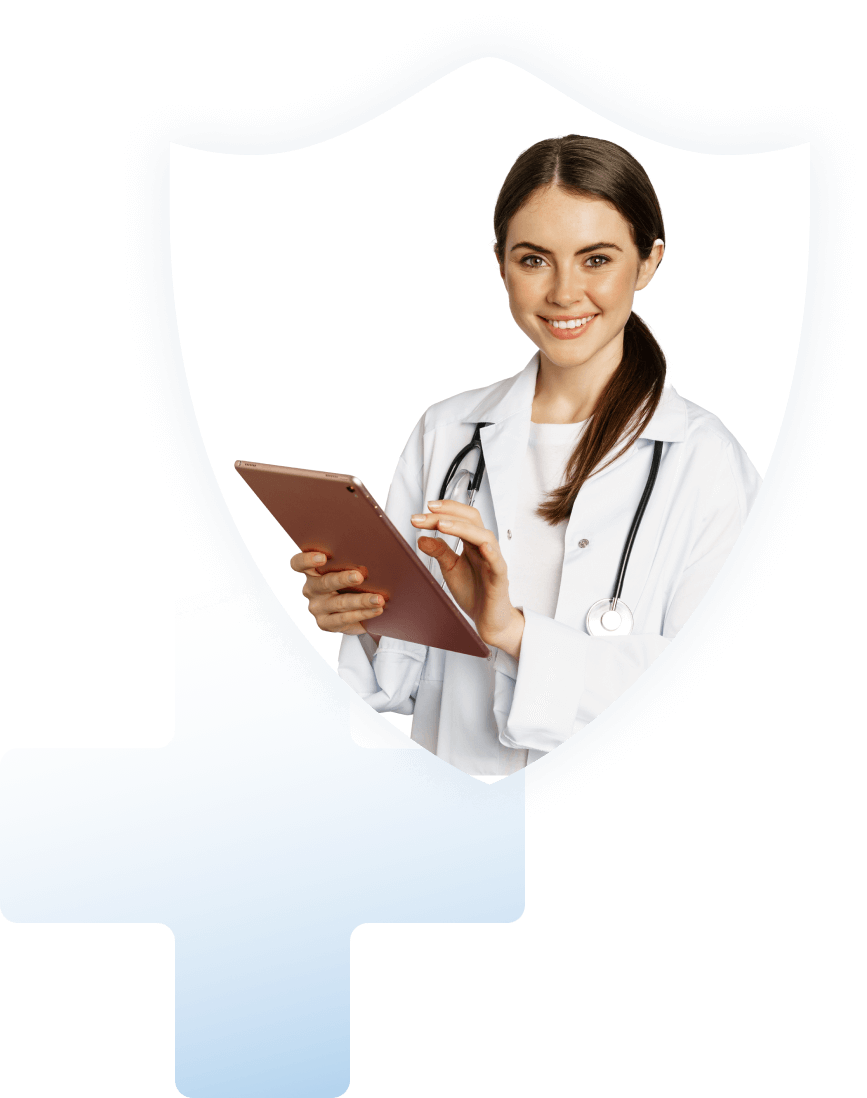Preferred Location: 959 Concord St Framingham,MA 01701 Framingham Change location
Preferred Location: 959 Concord St Framingham,MA 01701 Framingham Change location
SaferSTD Preferred Location: 959 Concord St Framingham,MA 01701 Framingham Change Location

Since 1773, when Massachusetts became a leader in resisting British oppression, the state has had great historical importance. Tourism plays a key role in the economy and the recreational areas of Cape Cod, Provincetown, and the Berkshires keep the region thriving. The Bay state is well known for its old money families and New York commuters like Jay Leno, Ben Affleck and James Taylor (who can occasionally be found singing at the White Heart in Springfield). Interesting fact- even if Obamacare is repealed, Massachusetts will still have universal health-care- it’s state law since 2006. Take advantage of this by getting regular STD testing.

The Centers for Disease Control and Prevention1 (CDC) recommends screening for the most common STDs, including chlamydia, gonorrhea, hepatitis B, hepatitis C, syphilis, herpes 1, herpes 2, and HIV for both men and women. In addition, the CDC suggests women get screened for trichomoniasis.
SaferSTD recommends searching for locations that offer a 10-test panel which tests for the most common bacteria and viral STDs in the U.S. with additional premium add-ons like early HIV detection, if needed.
The CDC2 provides detailed STD testing information as to when you should get tested. In summary, you should get tested today if you are sexually active, never been tested before, have had unprotected sex in the past, or if you exhibit symptoms.
According to the World Health Organization3, the majority of STI cases reported every day, more than one million, are asymptomatic; another reason to get tested today.
You should get tested again in 90 days to rule out STDs that have specific exposure waiting times, including HIV.
STD testing can be a quick and simple process, depending on the type of test you choose and where you get tested. Some may require an oral or genital swab, a urine test or blood sample, or a physical exam to check your genital area for signs of an STD.
SaferSTD has identified preferred providers that require only a urine test, a blood sample, or both without a physical exam.
The speed at which you receive your STD testing results depends on where you get tested. Before you choose your location, find out how long testing results will take.
At-home STD testing results are usually 3-5 business days, depending on the manufacturer of your test. You also need to take into account the amount of time it takes to receive the test or pick one up, perform the test, and ship it back, before the lab can analyze your results and report back to you.
If you test at a public facility such as a neighborhood clinic, you may have to wait a week, if not more for the results, which could delay treatment. If you test through a private facility, they have the fastest turnaround within 1-3 business days.
SaferSTD has researched and identified the most accredited and most reputable testing locations. Click here to find a preferred location near you.
Some STD testing clinics offer same-day walk-in options without an appointment. Below are nearby preferred locations that offer this option.
The cost of STD testing depends on whether you select private, public, or at-home testing, as well as the type of test(s) you need.
Several at-home STD options and public testing locations can cost up to $250, with most on the higher end, depending on the brand and type of testing. Public testing fees also vary based on income and welfare eligibility.
With private testing, you may save money on a low-cost comprehensive 10-test panel that tests for the most common bacterial and viral STDs in the United States.
SaferSTD has researched and identified reputable locations that offer upfront pricing without hidden fees. Click here to find a preferred location near you.

Accredited and Certified
These location types are best for: Privacy and convenience
Description: Order online and receive a doctor's order to visit this lab to get tested in as little as 15 mins. Get your results privately within 1-2 business days and speak with a doctor over the phone if your test results come back positive. Doctors may prescribe treatment or refer you to a specialist if needed.
Accredited and Certified
These location types are best for: Privacy and convenience
Description: Getting an STD test at a clinic near you has never been easier. When you choose this location, you can get a doctor's requisition to get tested in as little as 15 minutes. Following your test, you receive your results privately within 2 business days, and can speak to a doctor over the phone with confidence, should results come back as positive.
Accredited and Certified
These location types are best for: Privacy and convenience
Description: Why go to a public clinic? Get convenient and fast STD testing that is 100% confidential. Individual tests under $50. Order online and visit this lab the same day for a quick 15 min test. Get your results online within 1-2 business days, and view them privately. Doctor consultation available over the phone, should results come back as positive.
Accredited and Certified
These location types are best for: Privacy and convenience
Description: Get Fast, Easy and Affordable testing at this location. Results come back within 2 business days and be in and out of the lab in less then 20 minutes.
Show only locations where privacy and discretion is taken into importance.
Description: Walk-in clinic, no need of referrals. It offers affordable co-pays and other affordable rates for services. Please call for information.
Description: Need to register as a patient.
Description: Community Based Organization, Provides services to LGBTQI Community, IDU's and Immigrants and Refugees. Institute does not turn anyone away. Spanish, Portuguese and English language translation available. PrEP enrollment, PrEP Navigation, and support.
Show only locations where you can easily book your test online.
Description: Community Based Organization.
Description: Social Service Organization. Some charges associated with your services may be covered by your insurance or a state-funded program. If you want to use your insurance, please be sure to bring in your insurance information at the time of your visit. We also provide services for people without insurance. You may be eligible for our sliding scale fee based on income. If you have any questions about billing or eligibility, please call our main number: 1-800-258-4448.
Show only locations where they offer the HIV RNA Early Detection Test for people who think they may have been recently exposed to the HIV virus
Description: Walk-in clinic, no need of referrals. It offers affordable co-pays and other affordable rates for services. Please call for information.
Description: Walk-in clinic, no need of referrals. It offers affordable co-pays and other affordable rates for services. Please call for information.
Description: Need to register as a patient.
Description: Community Based Organization. Walk-ins accepted
Description: Closed Wed., 12noon-3pm
Description: AIDS Service Organization. Serves homeless and street involved youth ages 14-24 during drop-in hours. Thurs. by appointment only
Description: Social Service Organization. Book a telehealth appointment to place an order for the STD testing kit. During the COVID-19 pandemic PPLM is covering the cost of supplies and shipping for patients
Primary and secondary syphilis remain a health problem primarily among men who have sex with men. A small percentage of infections come from congenital transmission from infected mothers to their unborn children-only 8 cases were reported from congenital transmission statewide in 2015. The syphilis rate is 3.6 per 100,000 making Massachusetts 14th of 50 states.
Hepatitis A has hit the lowest recorded rates due to very effective vaccination program. Between 2009 and 2013:
The rates of Hep B & C are high in comparison to the national statistics.
Mass. ranked 14th out of 50 states in the number of HIV diagnosis in 2013 with an estimated 992 diagnosed in a year. HIV transmission occurs most frequently in men who have sex with men followed by heterosexual transmission and then transmission through IV drug use.
Public schools in the state need to pick a curriculum that adheres to the state standards ensuring that abstinence- only education, which is not an effective way of reducing unintended pregnancies and sexually transmitted diseases, is no longer the only thing being taught. Instead curriculum will also discuss contraception, safe sexual activity, relationship forming skills, and sexual abuse.
Local parents argued the parts of the curriculum did not feel age-appropriate to them, however they have been given the option to have their children opt-out of these classes. Given that STD rates are higher in the younger population it makes sense that this new way of educating our youth should help to decrease these numbers. It is the hopes of educators and health-care professionals that by having sexual health as part of the ongoing curriculum, the open discussion of sex will normalize it, taking stigma out of visiting a clinic for contraception or testing.
This can certainly play a role in keeping people from being tested in small communities like the ones that dot the state. Education is our best weapon in removing the stigma from sexual health-care.
In 2013, 64% of chlamydia cases and 43% of gonorrhea cases were reported in adolescents and young adults (ages 15-24). From 2010 to 2012, HIV infection diagnoses among adolescents and young adults: white (non-Hispanic) (34%) black(non-Hispanic) (33%) Hispanic/Latino (27%), and other (5%). Statistics prove that compared to adults, sexually active adolescents run a higher risk for acquiring sexually transmitted infections because of a combination of behavioral, biological, and cultural factors.
The state has a total population of 6.5 million people.
The average age is 38 years old for men and 40 for women. The sexually-transmitted disease surveillance report showed higher rates reported of STDs among some racial or ethnic minority groups when compared to their white counterparts. Racial and ethnic markers go hand-in-hand with other determinants of health status such as poverty, unemployment, and low education.
In Massachusetts populations of color represent only 25% and yet to these communities bear a disproportionate number of STDs.
The poverty rates among Boston’s native born (21%) and foreign born (23.3%) and elderly (21%). Health providers know that disease spreads more rapidly in conditions of poverty and local outreach targets those populations as well as other at-risk populations like those with addiction or mental illness.
With recent changes to both our health-care system and the way that people here are thinking about educating our youth around sexual health, take charge of your own sexual health.
Ignore the myths that can keep you from getting tested:
Remember, having sex with someone is like sleeping with every partner they have ever had- it’s better to error on the side of caution!






